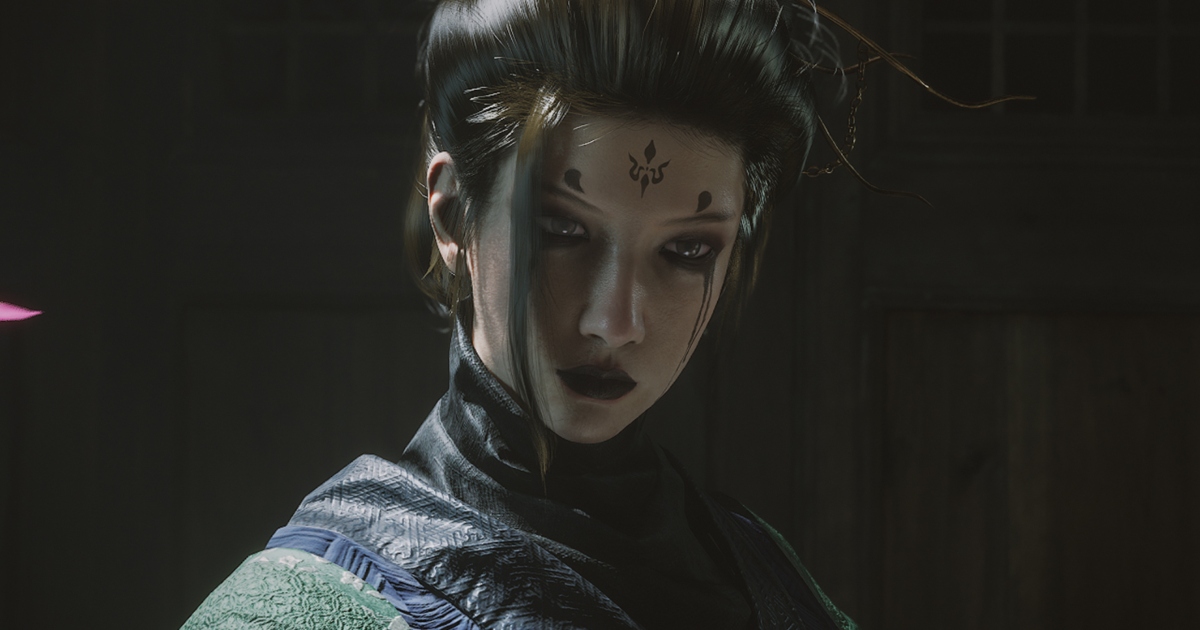Game Science has shared the estimated development costs of Black Myth: Wukong. The game, which has become a worldwide success, had a much more modest budget compared to other AAA titles, especially those made in the West.

A Game Science representative shared some financial information about Black Myth: Wukong during the Global Digital Trade Expo (GDTE), which took place in Hangzhou from September 25 to 29.
“We estimated that the total development cost of Black Myth: Wukong surpassed 300 million yuan [$42.3 million],” the quote, released by China’s State Taxation Administration on October 8, reads.
The studio also thanked the Hangzhou Taxation Bureau for their cooperation and providing the team with guidance on tax benefits and other financial matters. For example, the Black Myth: Wukong developer will receive an additional tax deduction of 28 million yuan ($3.96 million) for 2023.
Although Game Science is headquartered in Shenzhen, it moved Wukong’s development team to Hangzhou in 2018 to enjoy the city’s “slower pace and lower living costs.”
It is unclear whether the $42 million mentioned above includes marketing costs, so Black Myth: Wukong’s total budget could be higher. Last month, Hero Games co-founder Daniel Wu said that the game cost $70 million to develop over six years. He added that Hero Games, which owns a 20% stake in Game Science, contributed a “large chunk” of that amount.
Regardless, Black Myth: Wukong has already recouped its investments multiple times. It sold 10 million copies globally in its first three days, crossing the 18 million mark in two weeks. VG Insights estimates the game’s gross revenue at over $1 billion on Steam alone.
Black Myth: Wukong’s budget compared to other AAA games
Game companies rarely disclose budgets, but here are some officially confirmed or leaked figures (in no particular order):
- Cyberpunk 2077 — PLN 1.2 billion ($316 million at the April 2021 exchange rate), with direct development costs accounting for 55% of the total;
- Cyberpunk 2077: Phantom Liberty — PLN 370 million ($84.5 million as of October 2023), with PLN 275 million ($62.8 million) spent directly on development;
- The Witcher 3: Wild Hunt — PLN 306 million ($82 million as of August 2015), including development and marketing costs;
- The Last of Us Part II (via the FTC v. Microsoft court documents) — $220 million over six years and 10 months, excluding marketing costs;
- Horizon Forbidden West (ibid.) — $212 million over five years, excluding marketing costs.
- Marvel’s Spider-Man 2 (via the Insomniac hack) — $315 million, including development and marketing costs;
- Marvel’s Spider-Man: Miles Morales (ibid.) — $156 million;
- Ratchet & Clank: Rift Apart (ibid.) — $81 million;
- The Callisto Protocol — ₩200 billion ($161.5 million as of January 2023) over three years, excluding marketing costs.
- Immortals of Aveum — $125 million, with direct development costs amounting to $85 million;
- Battlefield 4 (per former Electronic Arts VP/chief creative director Rich Hilleman) — “on the high side of $100 million”;
- Genshin Impact — $100 million in development costs, with miHoYo saying in 2021 that it expects to spend $200 million annually on further content development and support;
- Alan Wake 2 — €70 million (development and marketing costs), according to Finnish analysts.
- Control — €30 million, with its sequel originally expected to cost around €50 million (however, its total budget is unclear at the moment, especially after Remedy acquired the full rights to the Control IP from Digital Bros).
Black Myth: Wukong’s relatively modest budget makes it stand out from many games on the list — especially those made by US-based studios, where the cost of living and salaries are much higher than those in China or some European countries (e.g. Poland-based CD Projekt or Finland-based Remedy). So it isn’t 100% fair to compare all these projects with each other without taking into account complex economic factors.
However, one thing is clear: Western AAA game development is becoming less and less sustainable, with ever-increasing costs and other problems. Saber Interactive chief creative officer Tim Willits recently commented on this matter, saying that “there are many games, sadly, especially out of North American developers, where if you do not sell five million copies you are a failure.”
